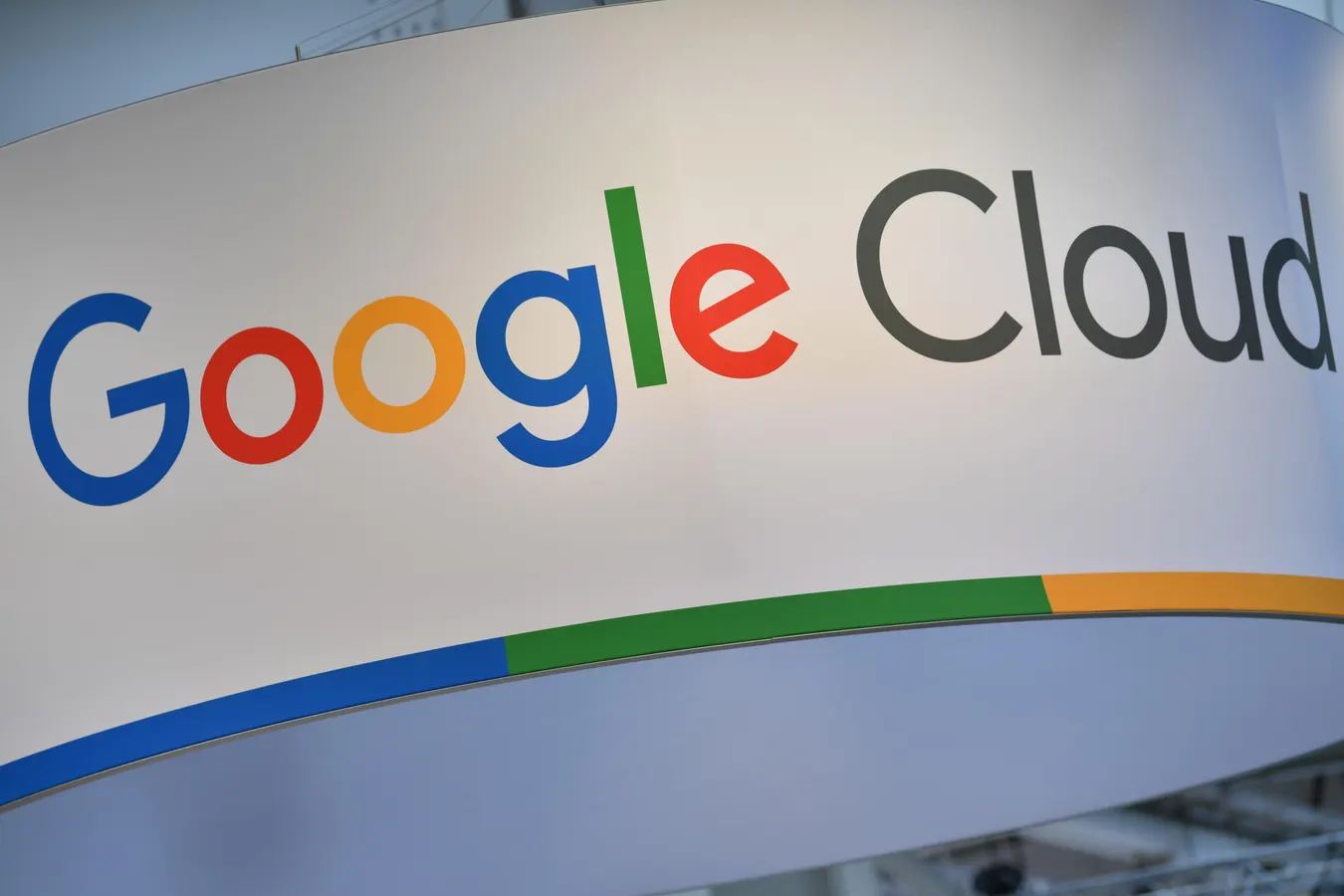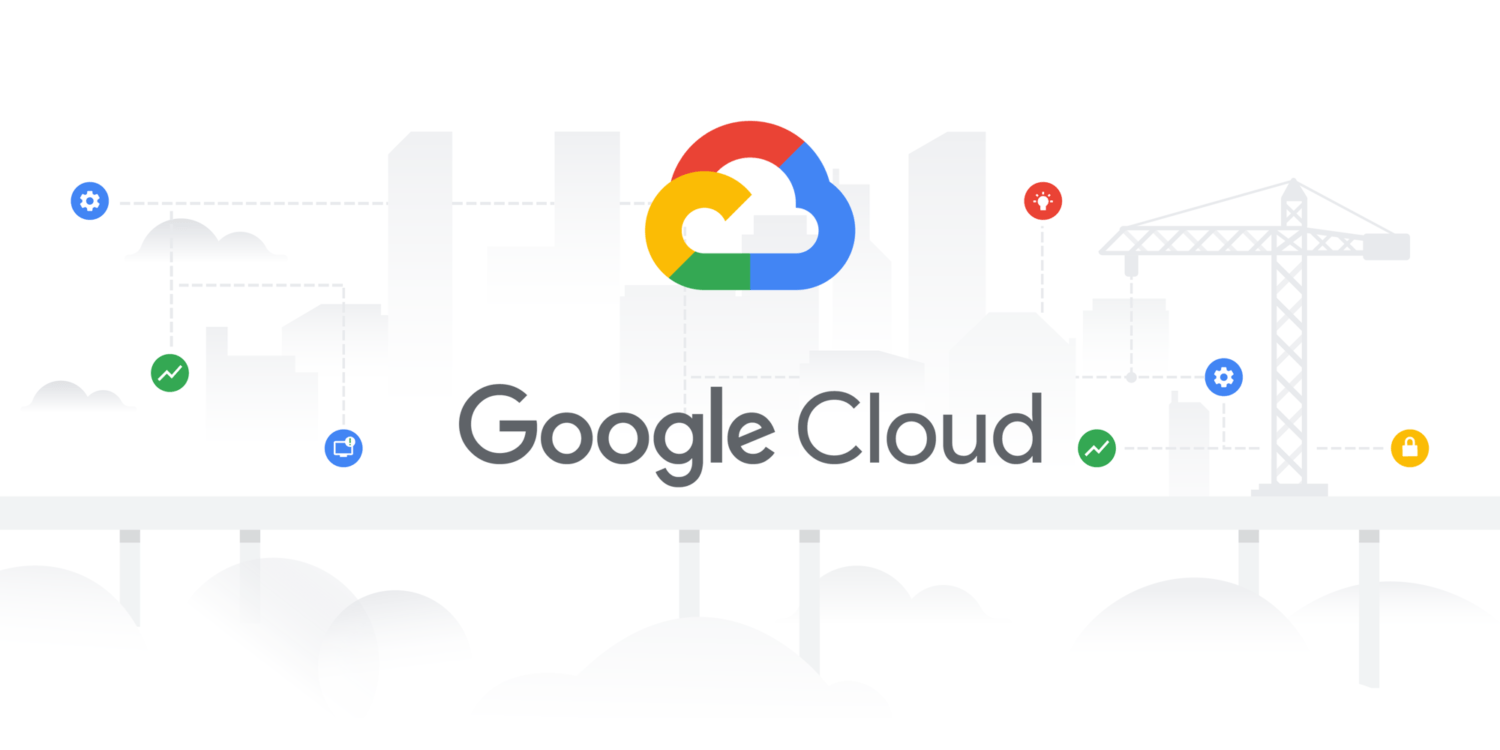On Monday, Google Cloud announced the launch of advanced artificial intelligence-driven search capabilities designed to assist healthcare professionals in efficiently retrieving accurate clinical information from diverse medical records.
The healthcare industry stores vast amounts of valuable data, often distributed across various systems and formats, making it challenging for clinicians to access.
Google Cloud’s new search tool aims to consolidate information from clinical notes, scanned documents, and electronic health records into a single accessible platform. This innovation is expected to significantly reduce the time and effort healthcare workers spend on information retrieval.
Lisa O’Malley, senior director of product management for Cloud AI at Google Cloud, highlighted the benefits in an interview: “While it should save time to be able to do that search, it should also prevent frustration on behalf of clinicians and [make] sure that they get to an answer easier.”
For example, instead of sifting through separate records to gather a patient’s medical history, doctors can now simply query the system with questions like “What medications has this patient taken in the last 12 months?” and instantly retrieve relevant data.
Additionally, Google’s new capabilities extend beyond clinical history retrieval. They can facilitate tasks such as accurate billing code application and assessment of patient eligibility for clinical trials, according to O’Malley.
Furthermore, the technology ensures transparency and accuracy by providing citations and links to the original data sources within the organization’s internal systems. This feature aims to alleviate concerns among clinicians regarding the reliability of AI-generated responses.
The introduction of these search features is timely, given the current challenges faced by healthcare workers, including staffing shortages and excessive administrative burdens.
A 2016 study by the American Medical Association highlighted that physicians often spend twice as much time on administrative tasks as they do on direct patient care.

O’Malley emphasized the broader benefits: “Anything that Google can do by applying our search technologies, our health-care technologies and research capabilities to make the journey of the clinicians and health-care providers more quick, more efficient, saving them cost, I think ultimately benefits us as patients.”
The new search functionalities are integrated into Google’s Vertex AI Search platform, tailored specifically for health and life sciences organizations.
These capabilities build upon Google’s existing Healthcare API and Healthcare Data Engine products, ensuring compliance with healthcare regulations such as the Health Insurance Portability and Accountability Act (HIPAA).
Aashima Gupta, global director of health care strategy and solutions at Google Cloud, stressed the importance of integrating these tools seamlessly into clinicians’ workflows without adding complexity.
She highlighted Google’s careful approach to respecting established workflows to ensure that technology adoption enhances, rather than disrupts, clinical practices.
Initial feedback from healthcare partners such as Mayo Clinic, Hackensack Meridian Health, and Highmark Health has been positive, with organizations expressing enthusiasm for potential transformative impacts.
However, they are proceeding cautiously, initially applying the technology to administrative tasks before integrating it into patient care processes.
Looking ahead, Google Cloud aims to expand the utility of its Vertex AI Search tools to assist with complex medical documentation and patient care coordination, aiming to enhance healthcare delivery through practical AI applications.
“As a patient, interacting with the health-care system can feel like a very fragmented and challenging experience,” Gupta reflected. “Now, we are at a point where AI is being helpful in these very practical use cases, connecting the dots from the patient perspective.”
